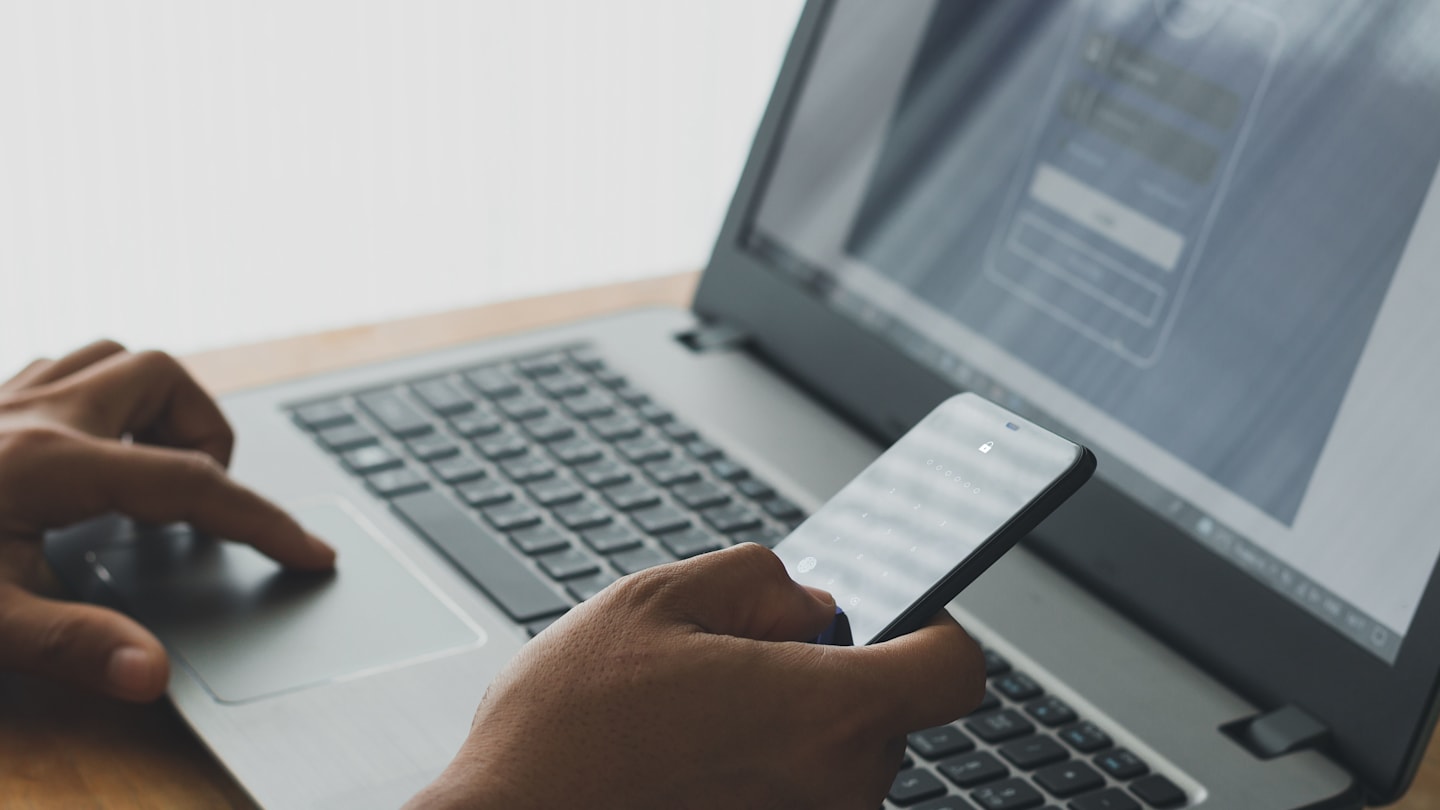Cybersecurity: Ways We Protect Your Financial Data
Securing your private information is one of our top priorities, and the best defense involves a partnership with you. Learn ways we can proactively guard against the threat of cybercriminals.

Key Takeaways
Multifactor authentication is one of the most important steps you can take to protect yourself and your online accounts.
A dedicated information security team works around the clock to secure our computer systems and identify new threats.
The U.S. government provides businesses and individuals with free resources that help reduce the nation’s cybersecurity risk.
Committed to Securing Your Financial Data
Knowing that the financial industry is a high-value target for cybercriminals, we work hard to take the necessary precautions to protect our clients' hard-earned assets. By staying ahead of emerging threats and fostering a culture of security awareness and vigilance, we are working toward a safer, more secure digital future for all.
Below, we highlight the many ways we proactively guard against the threat of data breaches and cybercriminals. While some of these protections are our responsibility, others start with you.
Let’s explore some of the controls in place to safeguard your personal information and your investments.
Using Technology to Protect Your Personal Information
Multifactor Authentication
Strong multifactor authentication (MFA) is one of the most important steps you can take to protect yourself and your account. And we encourage you to set it up with other online businesses with your personal and financial information. It reduces the risk that someone may compromise your account even if the person has your password.
MFA provides an extra layer of security to your account by requiring additional verification using a security code sent to your phone or personal device. This process better protects your account by requiring something you know (your username and password) as well as something you have (a code on your phone) when you log in.
The security code is for your use only—do not give it to anyone over the phone or over text. If you get an MFA prompt that appears to be from us but you did not initiate it, do not respond. Instead, contact us immediately at 1-800-345-2021.
Dedicated Information Security Team
In addition to MFA, our information security team designs, maintains and tests technical security systems to secure your private information.
We also hire outside firms to augment the testing of our controls. These controls include continuously monitoring our systems, encrypting sensitive data and protecting against common threats such as phishing and compromised business emails.
Common Sense Policies for Financial Data Security
Another way we secure your private information is through strict internal controls in terms of company policies. Here are some examples:
Job duties are separated to avoid the possibility of an individual employee being able to transact without oversight.
We restrict access to client records, allowing access only to those whose job function requires it, and we regularly review those permissions.
We follow a multistep approval process for granting an associate access to sensitive data.
We are strongly committed to securing your financial information, but we can’t do it alone. It requires a partnership with you and security organizations to defend against today's threats and to build secure and resilient infrastructure for the future.
National Effort to Reduce Cybersecurity Risk
The Cybersecurity and Infrastructure Security Agency (CISA) is an operational component of the Department of Homeland Security (DHS). It works to understand, manage and mitigate risk to the nation's cyber and physical infrastructure.
Through its Secure Our World initiative, CISA offers free resources to help individuals, families and businesses with data security. Its top recommendations may sound familiar, but they are some of the most important—and simple—steps you can take to protect yourself and your family from online threats.
Use strong passwords.
Turn on MFA.
Learn how to recognize and report phishing emails.
Keep your software (especially on phones and personal devices) updated.
More Cybersecurity Tips
Personal and consumer data breaches put your information at risk. Get more tips on protecting yourself—and download a security checklist—at Protect Your Data and Your Dollars.
We're Committed to Protecting You
Check out our Security Support Center to learn more about safeguarding your financial accounts.
This material has been prepared for educational purposes only. It is not intended to provide, and should not be relied upon for, investment, accounting, legal or tax advice.